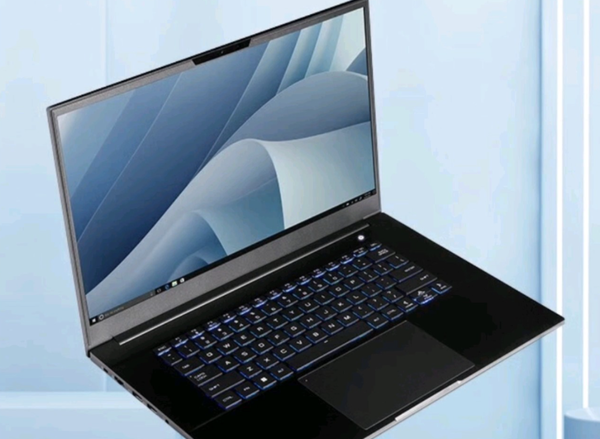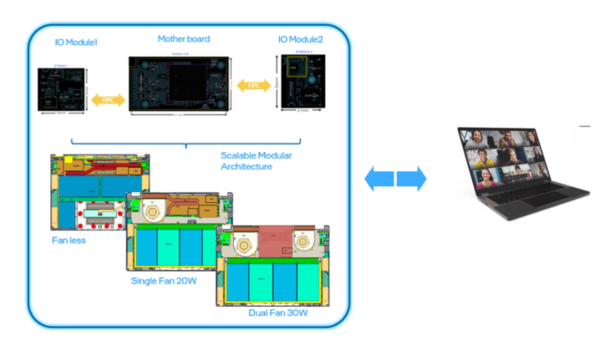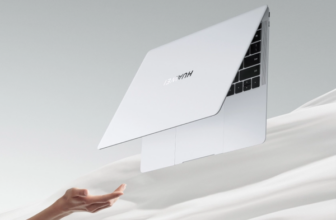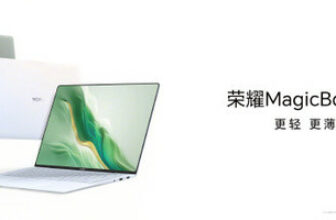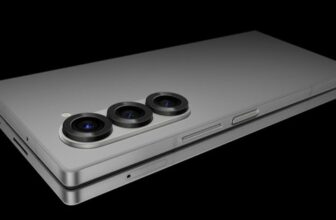Intel has recently released a research paper exploring the potential of modular laptops and mini PCs, aiming to transform the way portable computers are designed and upgraded. With the rise of modular desktops, where users can freely swap components, Intel envisions bringing the same level of flexibility to laptops and compact PCs, making upgrades easier and extending device lifespans.
The Shift Toward Modular Laptop Design
Unlike desktop computers, which allow users to assemble and upgrade parts effortlessly, laptops and mini PCs typically feature an integrated motherboard with soldered components. This design makes it challenging to replace or upgrade individual parts. To address this limitation, Intel has proposed a groundbreaking approach—dividing the motherboard into three independent modules: a main motherboard and two I/O modules. These modular components can be adapted to different configurations, whether fanless or equipped with one or two cooling fans.
By utilizing interchangeable components, Intel hopes to improve production efficiency, reduce e-waste, and create cross-generation compatibility, allowing users to upgrade their processors without having to replace their entire laptop. If modular laptops become the new industry standard, they could significantly extend a laptop’s lifespan while maintaining cutting-edge performance.
How Modular Laptops Benefit Consumers and Manufacturers
For consumers, modular laptops offer significant advantages. Instead of buying a new device every few years, users can upgrade individual components such as RAM, processors, or storage, ensuring their laptops stay up to date with minimal cost. This not only saves money but also reduces electronic waste, making modular laptops an eco-friendly alternative.
Manufacturers also stand to benefit from modularization. Although some may worry about reduced profits due to lower device replacement rates, the streamlined production process and higher reuse of parts can lead to cost reductions. Additionally, adopting a modular laptop design can improve repairability, appealing to a broader market that values sustainability and long-term usability.
Intel’s Vision for Modular Mini PCs
Beyond laptops, Intel is also working on a modular approach for mini PCs. The concept involves breaking down mini PCs into three interchangeable modules: CPU, GPU, and PCH (Platform Controller Hub). This would give users the ability to customize and upgrade their mini PCs effortlessly, much like a micro-desktop experience. By enabling such flexibility, Intel aims to make modular mini PCs a mainstream solution for both casual users and professionals.
The Road Ahead: Will Modular Laptops Become the New Standard?
Currently, only a few brands, such as Framework, offer modular laptops. However, these products have yet to gain widespread adoption due to limitations in build quality and mainstream appeal. If Intel succeeds in making modularization an industry standard, more manufacturers are likely to embrace the concept. Increased competition could lead to better pricing, faster innovation, and a diverse range of high-quality modular laptops for consumers.
As Intel continues to refine its vision, modular laptops could soon revolutionize the computing industry, offering a cost-effective and environmentally sustainable alternative to traditional laptop designs. If this technology gains traction, the future of laptops may very well be modular, providing users with unprecedented flexibility and long-term value.

